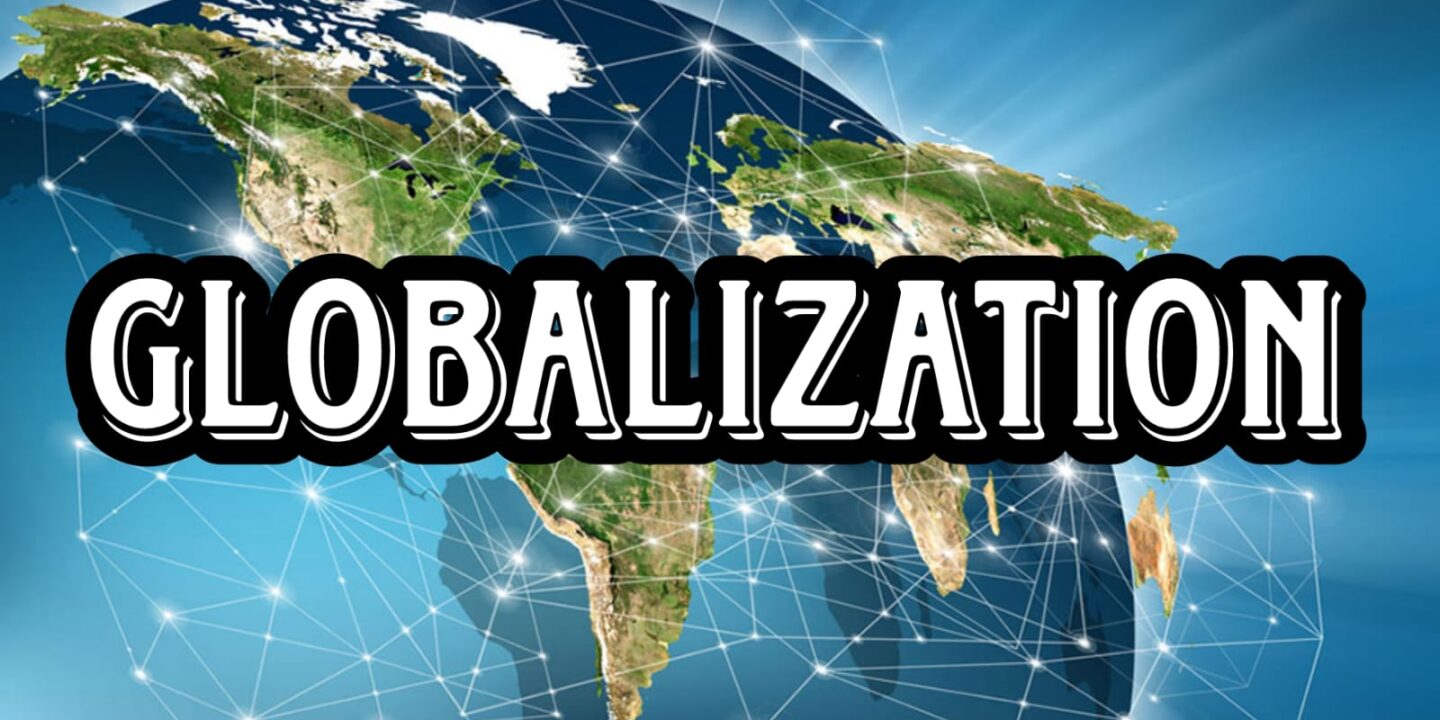
What is Globalization – Advantages and Disadvantages
What is Globalization
Globalization has brought many benefits, including increased economic growth and the spread of technology and innovation. At the same time, it has also created new challenges, such as income inequality, cultural homogenization, and the displacement of workers. The impact of globalization varies greatly among countries, regions, and social groups, and debates continue about its effects on the world and how it should be managed.

Advantages of Globalization
- Increased economic growth: Globalization has led to increased trade and investment among countries, stimulating economic growth and creating new job opportunities.
- Spread of technology and innovation: The flow of goods, services, and ideas across borders has led to the spread of technology and innovation, leading to improved productivity and living standards.
- Greater choice for consumers: Globalization has made it possible for consumers to access a wider range of goods and services at lower prices.
- Increased cultural exchange: Globalization has facilitated the exchange of cultural goods and ideas, leading to greater understanding and tolerance among people from different cultures.
- Improved global communication: Advancements in communication technologies have made it easier for people from different countries to communicate and collaborate with one another.
However, it’s important to note that while these benefits are widely recognized, globalization has also created new challenges and has not been equally beneficial to all countries, regions, and social groups. Some people have been negatively impacted by globalization, including workers who have lost their jobs as a result of outsourcing, and people in developing countries who have seen their environments and cultures affected by the spread of global commerce.
Disadvantages of Globalization
- Income inequality: Globalization has led to an increase in income inequality both within and between countries, as some people and countries have benefited more than others.
- Cultural homogenization: Globalization has led to the spread of dominant cultural norms and values, potentially causing the loss of unique local and regional cultural practices and traditions.
- Environmental degradation: The increase in international trade and production has led to greater environmental degradation, including air and water pollution and the depletion of natural resources.
- Displacement of workers: Globalization has led to the outsourcing of jobs from developed to developing countries, where labour is often cheaper. This has led to job losses and wage stagnation for workers in developed countries.
- Loss of national sovereignty: Globalization has led to the transfer of power from national governments to transnational corporations and international organizations, potentially eroding the ability of governments to regulate economic and social activity in the public interest.
- Financial instability: Globalization has increased the interconnectedness of the world’s financial markets, making it easier for economic shocks to spread quickly from one country to another and potentially leading to financial instability.
These disadvantages highlight the need for careful management of the globalization process and the importance of considering its impact on different countries, regions, and social groups. The benefits of globalization can be maximized and its negative impacts minimized through appropriate policies and regulations.
What are the Challenges of Globalization for Pakistan
- Trade imbalance: Pakistan has a large trade deficit, which means it imports more goods and services than it exports. This has led to a shortage of foreign currency, making it difficult to pay for imports and to service its foreign debt.
- Income inequality: While some segments of the population in Pakistan have benefited from globalization, others have been left behind, leading to increased income inequality and poverty.
- Unemployment: The outsourcing of jobs to developing countries has led to job losses in some sectors in Pakistan, while the creation of new jobs has not kept pace with the growing population, leading to high levels of unemployment.
- Dependence on foreign investment: Pakistan has become increasingly dependent on foreign investment to drive its economy, which has left it vulnerable to changes in global economic conditions.
- Lack of infrastructure: Despite the potential benefits of globalization, many regions in Pakistan lack the infrastructure necessary to participate fully in the global economy, including access to electricity, transportation, and communication.
- Environmental degradation: The increased industrialization and urbanization that has accompanied globalization has led to greater environmental degradation in Pakistan, including air and water pollution.
To overcome these challenges, Pakistan will need to implement policies that promote economic growth, reduce income inequality, and improve infrastructure. The country will also need to be proactive in managing the environmental impacts of globalization and in promoting sustainable development. Additionally, it will be important to ensure that the benefits of globalization are more widely shared among the population.
Admin at The Pakistan Gazette

